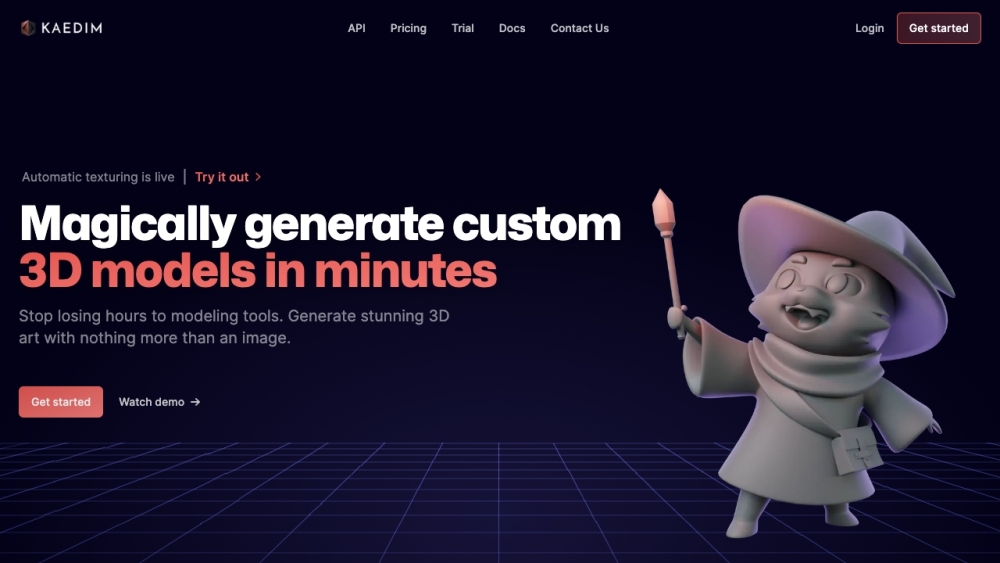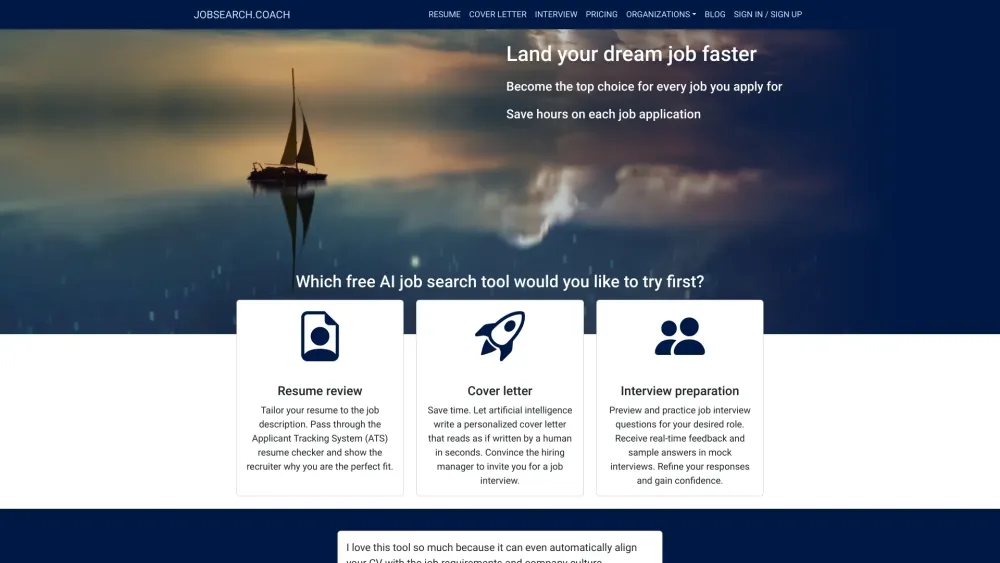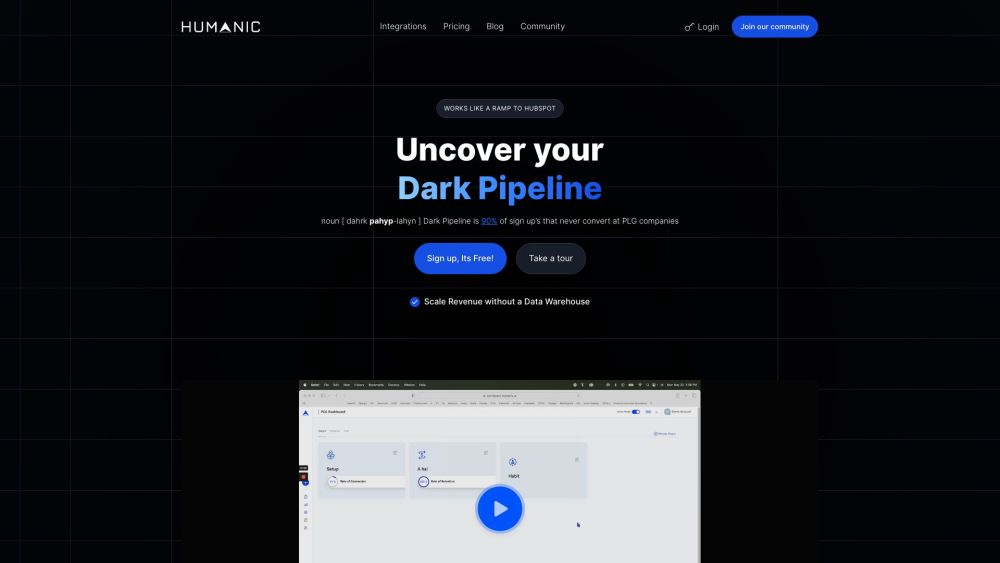OpenAI and Salesforce have successfully integrated their chatbots into comprehensive machine learning platforms, enhancing their overall business functionality. In a recent announcement, Google revealed that Bard AI will adopt a similar approach, now capable of pulling real-time data from various Google applications—including Docs, Maps, Lens, Flights, Hotels, and YouTube—as well as personal user data. This update aims to provide more relevant and actionable responses from the chatbot.
Jack Krawczyk, a Bard team member, reflected on the journey, noting that this Thursday marks six months since Bard's launch. He acknowledged that while the technology has spread quickly, many users still harbor concerns, either questioning its practical applications in their lives or citing its tendency to generate incorrect information. The recent enhancements aim to mitigate these worries by fostering public trust through increased transparency and clearer AI reasoning.
Initially, Bard was viewed as a creative collaborator, a perspective that Krawczyk believes has been validated through user engagement over the past six months. This new iteration of Bard is groundbreaking, as it now articulates its confidence in answers by referencing external content. It can also acknowledge mistakes, marking a significant shift in AI transparency.
User feedback has played a crucial role in refining Bard, leading to more intuitive and imaginative language models. The chatbot can now tackle complex requests like, "I’m starting college soon and want to balance club involvement with my studies. Help me articulate why this balance is important."
To enhance its responses, Google is following in the footsteps of OpenAI and Salesforce by allowing Bard to access real-time data from its suite of applications. Users will be able to make natural language requests, such as asking Bard for flights and hotel options for a Valentine's Day trip to Puerto Rico, then follow up with a request for a map of nearby attractions.
Krawczyk emphasized the importance of transparency in data usage, asserting that it should be top-notch, especially concerning private data. To improve its reasoning, Google will link directly to sources summarized by Bard and introduce a Double Check feature. This feature audits responses, highlighting contradictory information in orange and well-supported statements in green.
Users can also opt into Bard Extensions, granting the AI access to their personal Google data—like emails and calendar entries—to provide tailored answers. For instance, Bard could summarize discussions from email threads or assist with drafting a cover letter based on a user’s resume.
In response to concerns about personal data privacy, Google assures that content from Gmail, Docs, and Drive will not be viewed by human reviewers, leveraged for ad targeting, or used to train Bard. Users retain control, able to opt in or out of the system and manage file access.
Krawczyk believes this is a crucial step forward, emphasizing the need for context in communication. By tapping into the open web, Bard can provide users with a richer understanding of its responses and encourage them to pursue trusted sources for deeper insights. The new experience aims to empower users as they explore and interact with this advanced AI.




